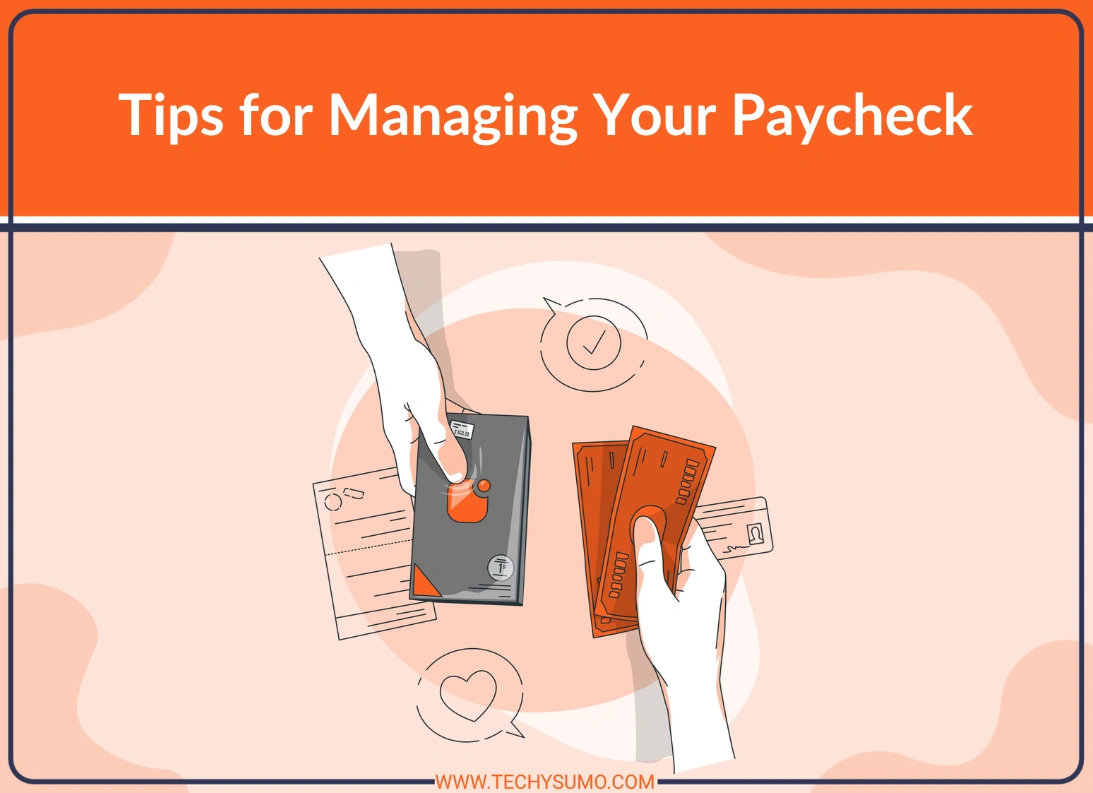For many people, a paycheck feels like it disappears as quickly as it arrives. Bills, groceries, rent, and other expenses can swallow it up before there’s time to even think about saving. Taking control of your paycheck isn’t about making huge changes overnight—it’s about creating small, smart habits that build financial stability over time. This becomes even more important if you deal with irregular income, where paydays and amounts fluctuate. Whether you’re earning a steady salary or working with unpredictable checks, the right strategies can reduce stress and help you build toward long-term security.
Table of Contents
Tips for Managing Your Paycheck
Start With a Plan
A paycheck goes further when it has a plan. Creating a budget that assigns every dollar a purpose ensures that money is directed where it matters most. This doesn’t mean every penny has to be tightly controlled, but it helps to separate essentials like rent and utilities from extras like dining out. A clear plan gives you a realistic picture of your financial situation and makes it easier to avoid overspending.
Prioritize Savings First
One of the best ways to manage a paycheck is to treat savings as a non-negotiable expense. Many people wait to save whatever is left at the end of the month, but that usually means saving nothing at all. Setting up an automatic transfer to a savings account right after payday ensures that money is set aside before it can be spent elsewhere. Even small amounts add up over time and create a cushion for emergencies or future goals.
Tackle Debt Strategically
Debt can eat away at your paycheck if it isn’t managed carefully. High-interest debts like credit cards should be paid down as quickly as possible because they grow faster than other types of loans. Creating a strategy—whether it’s paying off the smallest balances first for quick wins or focusing on the highest interest rates to save money—helps keep debt under control. Each payment you make reduces financial stress and frees up future income for other priorities.
Build an Emergency Fund
Unexpected expenses are part of life, and without a financial buffer they can throw everything off balance. Setting aside money in an emergency fund provides security and peace of mind. Experts often recommend saving at least three to six months of expenses, but starting with even a few hundred dollars can make a difference. Knowing there’s money available for car repairs, medical bills, or job changes keeps you from relying on credit cards or loans in tough times.
Also Read
Separate Wants From Needs
It’s easy to justify spending on things that feel necessary in the moment, but not all purchases carry the same weight. Asking yourself whether something is a true need or just a want helps control spending. Needs are basics like food, housing, and healthcare, while wants are extras that add comfort or entertainment. By prioritizing needs first, you ensure essentials are covered before indulging in extras. Over time, this habit creates discipline and keeps finances on track.
Plan for the Future
Managing a paycheck isn’t just about surviving the present—it’s also about preparing for the future. Contributing to retirement accounts or investment funds helps your money grow over time. Even small contributions can become significant with consistent effort and compound growth. Planning ahead also includes setting aside money for big goals like buying a home, continuing education, or travel. Each dollar invested in the future increases your financial freedom down the road.
Adjust for Life Changes
Paychecks don’t always stay the same, and expenses shift as life changes. New jobs, moves, family responsibilities, or health needs can all impact your financial picture. Regularly reviewing and adjusting your budget keeps it aligned with your current reality. Being flexible ensures that your financial plan remains effective no matter what comes your way.
The Emotional Side of Paycheck Management
Money is not just about numbers—it’s also tied to emotions. Feeling out of control with your paycheck can create stress and even shame, while gaining control can bring confidence and relief. Recognizing this emotional side of money management helps you stay motivated. Celebrating small wins, like paying off a debt or reaching a savings milestone, reinforces positive habits and makes the process more rewarding.
Conclusion
Managing your paycheck well is about more than making ends meet—it’s about creating a sense of control, reducing financial stress, and building a foundation for the future. By budgeting wisely, saving consistently, tackling debt, and preparing for unexpected expenses, you can make your income work harder for you. Even if your paycheck feels small or irregular, the habits you build today will add up to greater stability and freedom tomorrow. The key is consistency, patience, and the willingness to take small steps that lead to lasting change.






